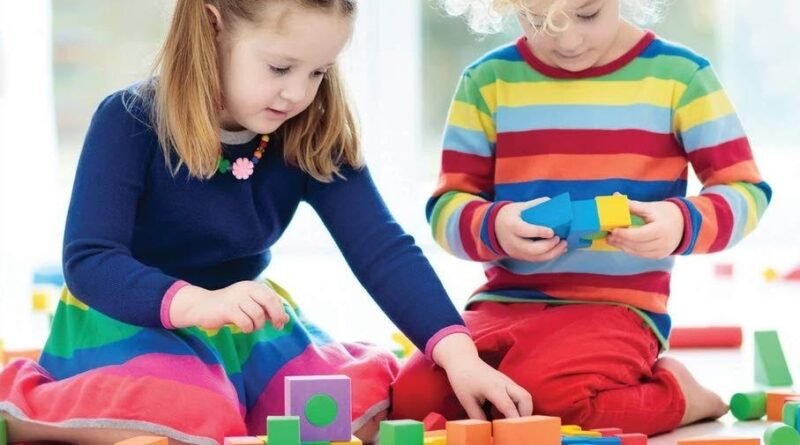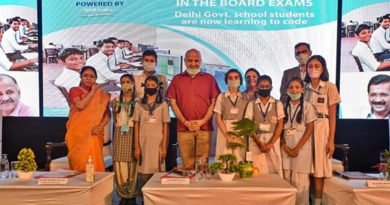Learning Gap Among Pre-Primary Kids – A Grave Concern
With the Covid-19 pandemic enforcing the closure of schools for the last two years, immense learning losses have been suffered by kids. While this is a concern amongst all age groups, the increasing learning gap among kids below the age of 5 has left parents and educators extremely worried.
The state governments have permitted the resumption of physical classes for Classes 9 to 12 from February 2022, and other primary and secondary classes have also been operating in the hybrid mode in the past two years. But, classes for pre-primary students have only been held online.
It is important to realize that that there has been a huge learning loss for kids of the kindergarten level, which may not be noticeable now, but will be evident when students are in secondary or senior secondary classes. The reason is that some of the crucial skills such as writing can only be taught at schools and not at home. Children up to the age of three when the pandemic hit the world are now about five years old and so many of them can’t even hold a pencil, which is worrying parents to a large extent. Parents of kids who should be in Class 1 or 2, think that their kids are still mentally at the nursery level.
A recent survey conducted by the Federation of Private Schools Welfare Association, in which 17,061 parents from Ambala and nearby areas participated, revealed that 69.8% respondents are of the opinion that the younger generation is moving towards illiteracy and 30.2% of them think the other way. Of them, 87.8% are demanding a complete reopening of schools from kindergarten to Class 12.
Parents say that in addition to academic knowledge and the essential skills that are taught at school, the socio-emotional development of kids is largely hampered. What is a child’s first memory of school? It generally involves peers and teachers, who form the very definition of school, even before academic learning begins. Can you imagine school life without reminiscing about your peers and teachers? These early memories of school play a vital role in shaping our socio-emotional learning, which is an essential process for young kids and adults to develop their emotions and identities. Schools are one of the first ecosystems to foster authentic relationships with peers and teachers.
Health experts world over have stressed that globally, lockdowns have put one in seven students at risk of poor mental health. With parents and teachers currently juggling health and financial crunches, children have to bear the brunt. An increased number of kids are experiencing anxiety and depression because have been unable to meet friends and teachers, access or/and understand online learning sessions, and because they were missing active face-to-face learning.
India’s National Education Policy 2020 has also highlighted the impact of socio-emotional learning for the holistic development of children. The closure of schools during the pandemic has resulted in learning gaps, no in-person interactions, and loss of routines for children, which leaves them prone to poor mental health.
What are some of the issues you have observed in pre-primary kids during school closures? Do you agree that there is an urgent need for schools to reopen for all classes?
For Education News , CLICK HERE.
42,750 total views




